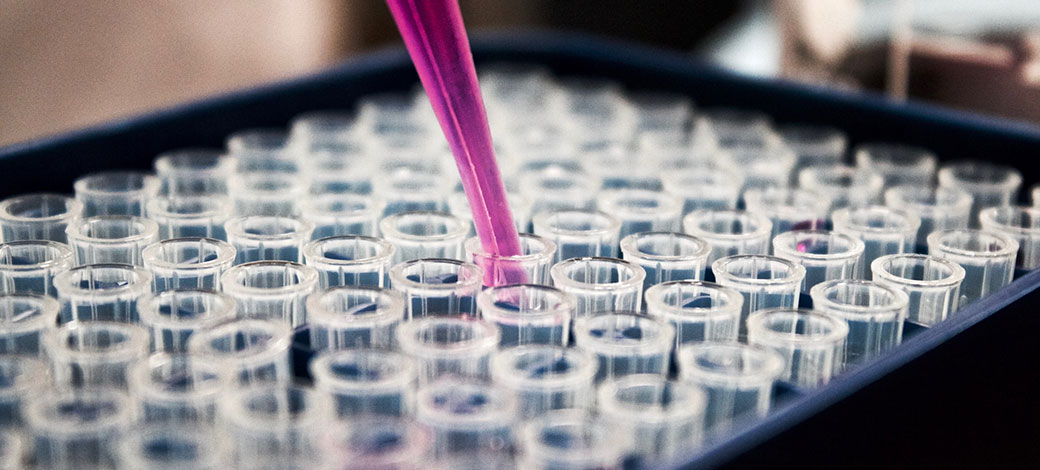ANVISA approves regulatory framework for novel foods and novel ingredients
On December 18, 2023, the Brazilian Health Regulatory Agency (Anvisa) published in the Federal Register Resolution RDC 839/2023, which provides for safety proof and authorization for the use of novel foods and novel ingredients.
The new regulation was approved after Public Consultation 1,158/2023, which remained open for 120 days for comments from society and the regulated sector, with industry discussions led by Anvisa during and after the period for contributions.
In a nutshell, it is a modernization of the obsolete regulation (Resolution RDC 16/1999) which was lagging behind the innovations of the industry, especially in the area of pre-market regulation, which was not treated through a health risk analysis of the products in question.
Highlights
The outcomes of the new Resolution are:
- New definitions: the definitions of ‘novel food and novel ingredients’ have been updated and improved, including relevant conceptual bases, with specific reference to new developments in the sector over the last few decades.
- Consultation procedure: companies can file a prior consult before Anvisa in advance to confirm the possible classification and the need for evaluation/approval of novel foods or novel ingredients.
- Safety Assessment Requirements: have been detailed and adapted to the nature and complexity of the elements.
- ‘Fast track’ procedures: the new regulatory framework brought 4 possibilities for fast-track analysis, conducted based on risk assessment:
- The safety assessment of novel foods or ingredients with a history of consumption in Brazil for 10 to 25 years will be carried out through a risk assessment based on technical data and scientific studies.
- Safety assessment based on history of safe consumption in other countries, having a minimum of 25 years.
- Assessment of the extent of use of new ingredients and new foods; and
- Assessment for admissibility of analysis carried out by an Equivalent Foreign Regulatory Authority.
- Preparation and updating of positive lists: provision for the preparation of these lists for new ingredients and new foods, including specifications and conditions of use.
- Toxicological studies: preferably carried out with the new ingredient (proprietary studies), but studies with compatible ingredients are also recognized.
- Technological purpose: possibility of requesting new ingredients for this purpose, such as those obtained by fermentation, extraction, or selective concentration, in order to modify their physical, chemical, biological, or sensory characteristics – as long as they are not listed as a food additive (IN 211/2023).
Confidentiality
The initial modernization proposal sought to repeat the European approach provided by Regulation (EU) 2015/2283, using the model of approval of the novel ingredient for all entrants, based on the disclosure of specifications and other general information from the first applicant that would be generic. However, due to provisions within the Brazilian IP Act, RDC 839/2023 sets forth, on top of the general approval, for a specific approval to the applicant, when the essential information for the assessment is confidential.
Furthermore, the new regulation introduced specific rules on the confidentiality of Anvisa’s technical opinions on new ingredients and new foods.
In addition to attributing the responsibility to the petitioner to classify the information as confidential, RDC raised the following questions about confidentiality:
- At the end of the analysis, Anvisa will inform the applicant of its decision, by (i) in the case of approval, sending the opinion by electronic official letter in its full version, and the proposed public version; and (ii) in the case of rejection, by specific resolution published in the Federal Register.
- In case of approval, the applicant will have 60 days to indicate to Anvisa the existence of confidential data in the public version. The deadline will be 30 days for refusals.
- Definition of all information that is not considered confidential, with differences between approvals and rejections.
- Petitions based on specific and confidential data of the petitioner will have public opinions with a reduced amount of information, in order to preserve the IP rights of the petitioner.
Transitional provisions and next steps
The approvals of new ingredients and new foods based on Resolutions 16 and 17/1999 remain in force until these products are included in one of the normative lists. For new ingredients and new foods to be published in a specific Normative Instruction (IN), they will be temporarily published by means of a Resolution-RE until the IN is made available.
However, all safety evaluation petitions awaiting a decision by Anvisa when the new RDC comes into force will be evaluated in accordance with the new Resolution. Petitioners will have the option, until April 15, 2024, to withdraw their petitions or express interest in amending them, which can be done within 24 months.
RDC 839/2023 will come into force on March 16, 2024.
Our Life Sciences & Healthcare team is available to answer any questions you may have on the subject and its possible consequences via e-mail: lifesciences@soutocorrea.com.br.
